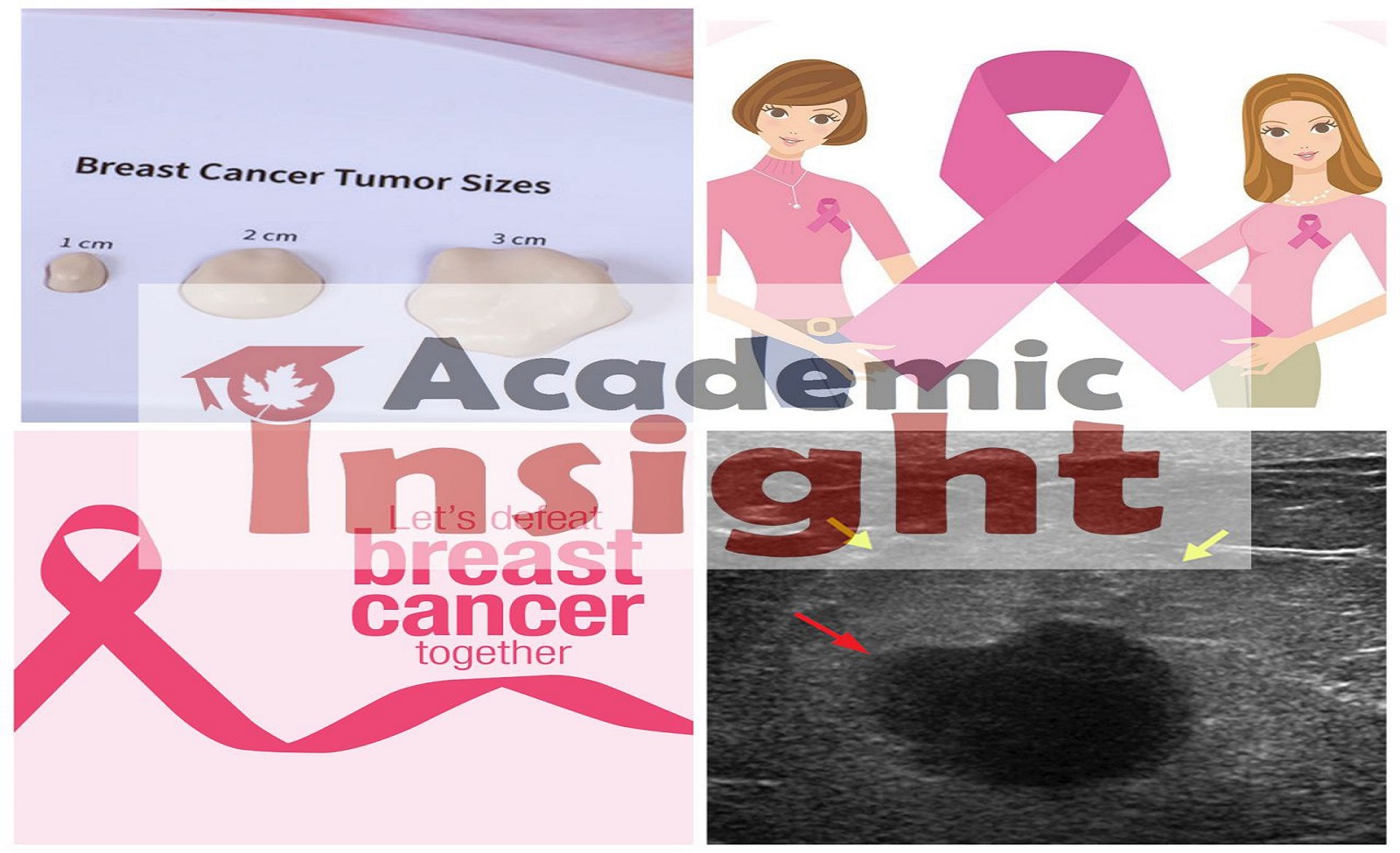Breast cancer is not the only condition that can lead to uncommon breast lumps.
So if you have lumps in your breast whether you’re a woman or a man, this article may help you with your concerns.
Other circumstances might also be accountable:
- swollen lymph nodes: Swollen lymph nodes usually happen because of infection from viruses or bacteria. On the odd occasion, swollen lymph nodes are caused by cancer. Your lymph nodes, or so-called lymph glands, play a crucial role in your body’s ability to hold back infections.
- swollen or clogged mammary glands. Mammary duct ectasia stems from inflammation (swelling). This inflammation causes a milk duct within the breast to thicken and extend. As the inflammation gets worse, milk ducts become jammed, and fluid builds up behind the blockage.
- Leukemia. Leukemia is a form of cancer which is the cancer of the body’s blood-forming tissues, involving the bone marrow and the lymphatic system.
- Cysts. A cyst is a sac-like sack of membranous tissue that includes fluid, air, or other substances. Cysts can grow almost everywhere in your body or under your skin. There are many types of cysts. Most cysts are benign (noncancerous).
- bacterial or viral infection.
- a skin reaction to waxing or shaving.
- allergic reactions.
- a noncancerous tissue growth (fibroadenoma).
- a fatty tissue growth (lipoma).
- Lymphoma.
- Lupus.
Call a specialist about breast lumps
A lump in your armpit or breast is not likely to be breast cancer, but then again you should talk with your family doctor or specialist about any unusual spots to find. Your doctor will likely perform a physical examination and exclude possible causes for unusual lumps.
Your body is your own, and it’s the only one you have. If you find a lump or you’re experiencing any uncommon symptoms, you should seek out your treatment center’s guidance. Your medical practitioner may be able to decide from some physical examination whether your lump is likely to be cancerous. If you’re concerned about the new signs and symptoms, you shouldn’t be afraid to request further testing and examinations to diagnose your lump.
Medical disclaimer:
Don’t forget that you should always seek the guidance of your practitioner or other qualified health professional with any questions you might have regarding your health or a medical condition. Never forget about the advice of a medical professional, or delay in seeking it because of something you have read on this or any other Website.
Also read
Six ways of self-examination for breast cancer screening

